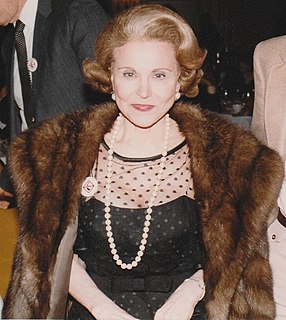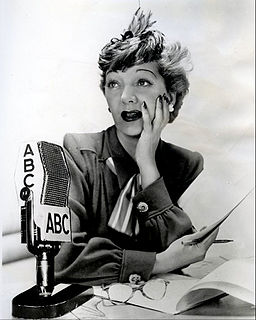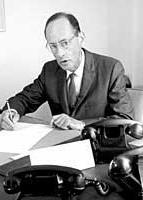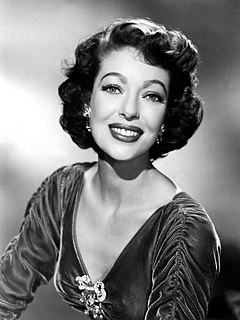A Quote by Oscar Wilde
What is a cynic? A man who knows the price of everything and the value of nothing.
Related Quotes
A man’s ignorance sometimes is not only useful, but beautiful - while his knowledge, so called, is oftentimes worse than useless, besides being ugly. Which is the best man to deal with - he who knows nothing about a subject, and, what is extremely rare, knows that he knows nothing, or he who really knows something about it, but thinks that he knows all?
There are four types of men in this world: 1. The man who knows, and knows that he knows; he is wise, so consult him. 2. The man who knows, but doesn't know that he knows; help him not forget what he knows. 3. The man who knows not, and knows that he knows not; teach him. 4. Finally, there is the man who knows not but pretends that he knows; he is a fool, so avoid him.
Economists tell us that the 'price' of an object and its 'value' have very little or nothing to do with one another. 'Value' is entirely subjective economic value, anyway while 'price' reflects whatever a buyer is willing to give up to get the object in question, and whatever the seller is willing to accept to give it up. Both are governed by the Law of Marginal Utility, which is actually a law of psychology, rather than economics. For government to attempt to dictate a 'fair price' betrays complete misunderstanding of the entire process.
The value of any commodity, therefore, to the person who possesses it, and who means not to use or consume it himself, but to exchange it for other commodities, is equal to the quantity of labour which it enables him to purchase or command. Labour, therefore, is the real measure of the exchangeable value of all commodities. The real price of everything, what everything really costs to the man who wants to acquire it, is the toil and trouble of acquiring it.
Nothing of value is free. Even the breath of life is purchased at birth only through gasping effort and pain... The best things in life are beyond money; their price is agony and sweat and devotion... and the price demanded for the most precious of all things in life is life itself--ultimate cost for perfect value
Value in relation to price, not price alone, must determine your investment decisions. If you look to Mr Market as a creator of investment opportunities (where price departs from underlying value), you have the makings of a value investor. If you insist on looking to Mr Market for investment guidance however, you are probably best advised to hire someone else to manage your money.





































